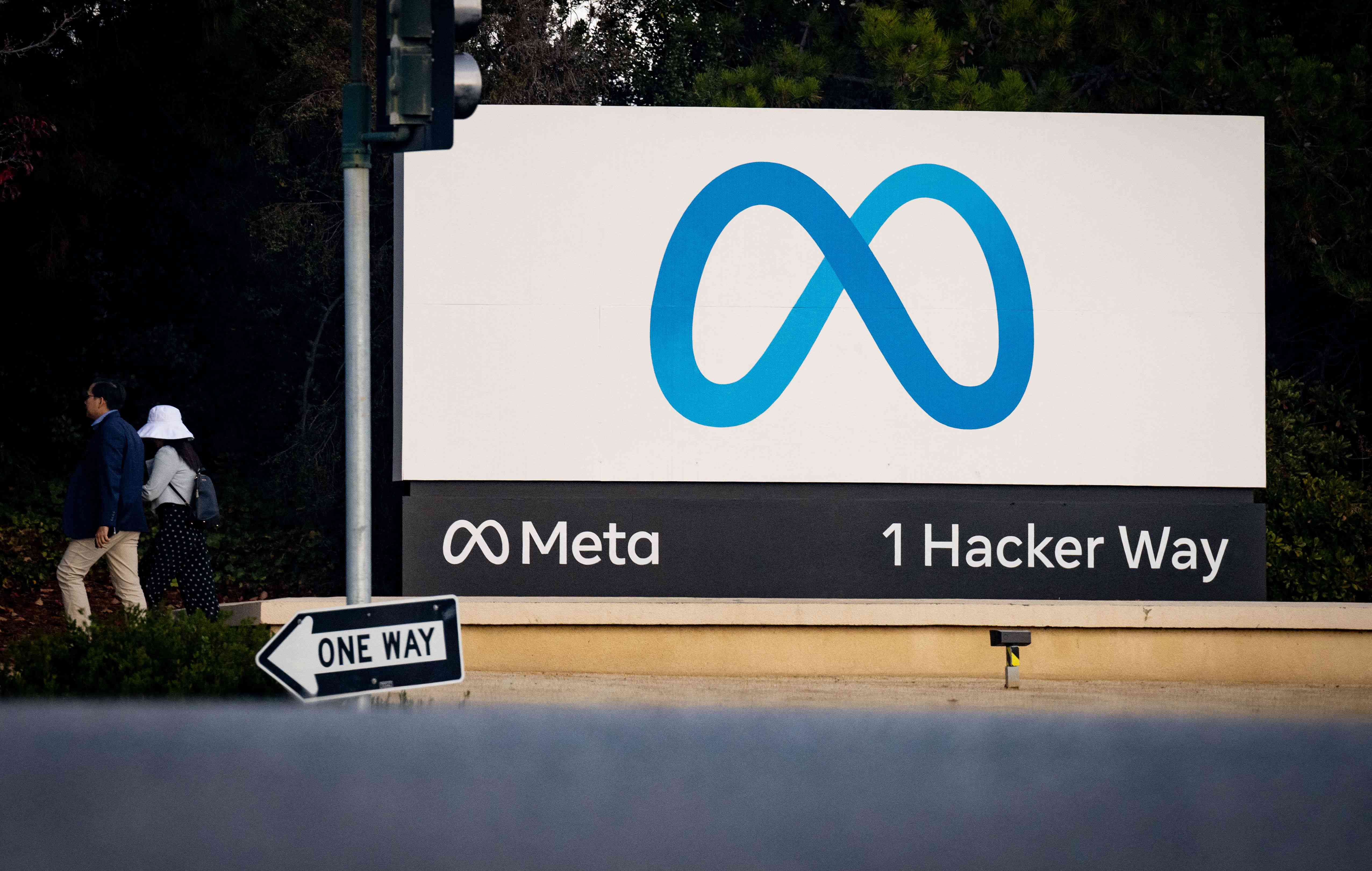
Key Takeaways
- Meta’s policy of allowing EU users to receive personalized ads or pay to use an ad-free version of Instagram and Facebook violates the new Digital Markets Act, the European Commission said in preliminary findings Monday.
- Meta created the policy in November 2023 to respond to the DMA, which at the time was set to go into effect months later.
- The policy doesn’t allow consumers to receive a product without personalized ads, or opt out of having their data collected and combined across products, the Commission said.
Meta Platforms’ ( META ) practice of “pay or consent” advertising on its products like Instagram and Facebook violates the European Union’s (EU ) new Digital Markets Act (DMA) , the European Commission said in preliminary findings Monday.
The Commission, the enforcement arm of the EU, said in March that it had opened investigations into the policy, along with those of Alphabet’s ( GOOGL ) Google and Apple ( AAPL ). The DMA went into effect earlier this year , and was designed to rein in the power of tech “gatekeepers” Meta, Google, Apple, Microsoft ( MSFT ), Amazon ( AMZN ), and TikTok parent ByteDance.
‘Pay or Consent’ Doesn’t Let Users Opt Out of Data Collection, Commission Says
Monday’s statement said that the policy, which allows Instagram users to either receive personalized ads or pay to use an ad-free version of the product, violates the DMA in two key ways. The policy doesn’t let consumers pick a free service that uses less of their data while still receiving ads, and doesn’t let consumers consent to the “combination of their personal data,” the Commission said.
“Our investigation aims to ensure contestability in markets where gatekeepers like Meta have been accumulating personal data of millions of EU citizens over many years,” Commission Executive Vice President Margrethe Vestager said.
“Our preliminary view is that Meta’s advertising model fails to comply with the Digital Markets Act. And we want to empower citizens to be able to take control over their own data and choose a less personalised ads experience.”
The Commission said Monday that Meta did not go far enough in responding to the DMA by creating the “pay or consent” system in November 2023. The announcement is the Commission’s preliminary findings, which means Meta now has until March 2025—one year after the investigation opened—to provide a written response before the Commission reaches a final decision.
Meta Says It ‘Complies With the DMA’
“Subscription for no ads follows the direction of the highest court in Europe and complies with the DMA,” a Meta spokesperson told Investopedia. “We look forward to further constructive dialogue with the European Commission to bring this investigation to a close.”
If the Commission finds that the policy violates the DMA by the end of its investigation, Meta could face fines of “up to 10% of the gatekeeper’s total worldwide turnover,” with further fines or actions possible for repeated violations.
Last week, the Commission issued preliminary findings that Apple’s App Store practices violated the DMA, and said Microsoft’s policy of bundling Teams with its other Office products may have violated EU antitrust laws, giving it an unfair advantage over competing services.
Meta shares fell 1.5% to $496.59 as of 10 a.m. ET Monday but are up about 40% so far this year.

